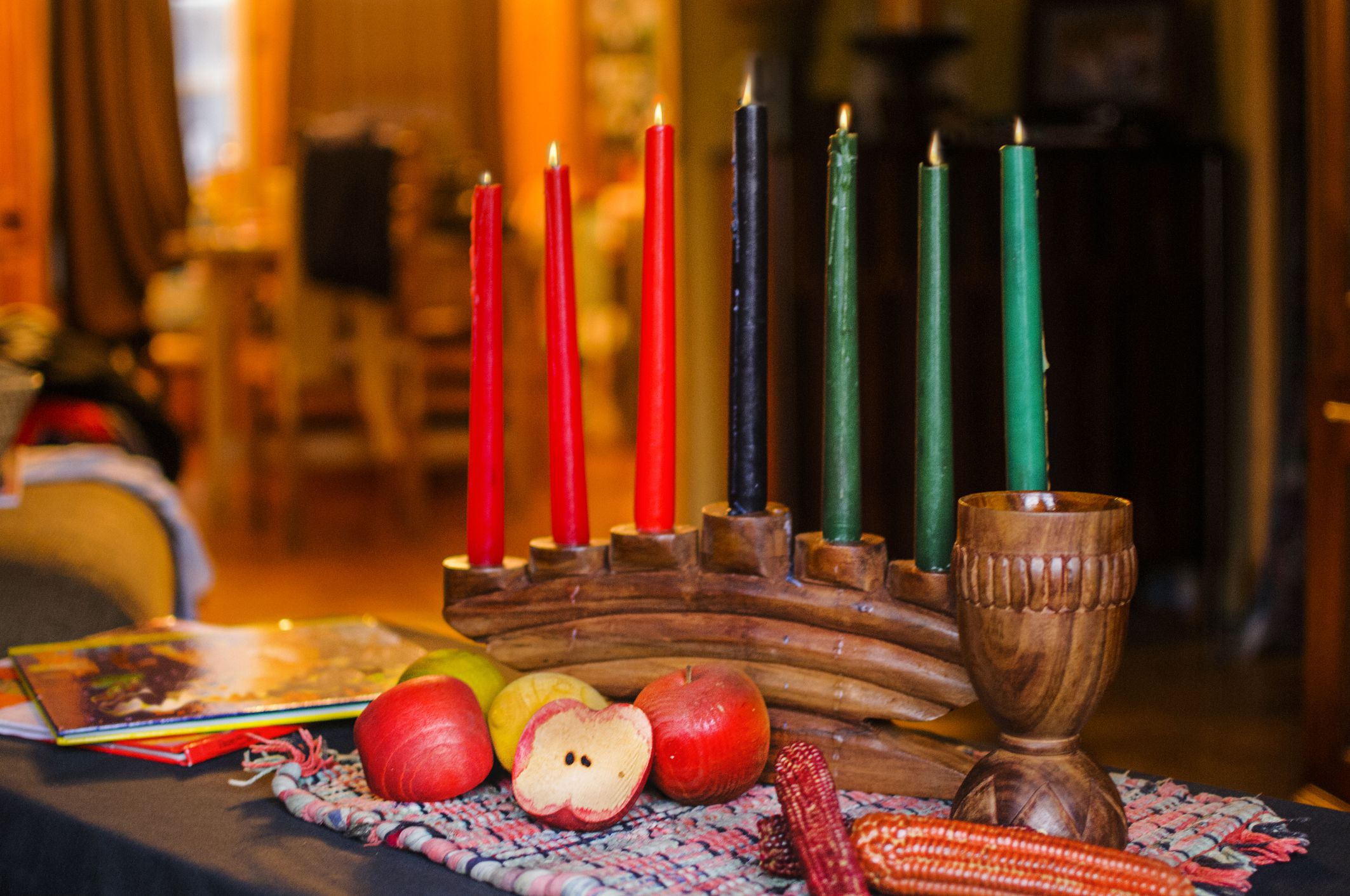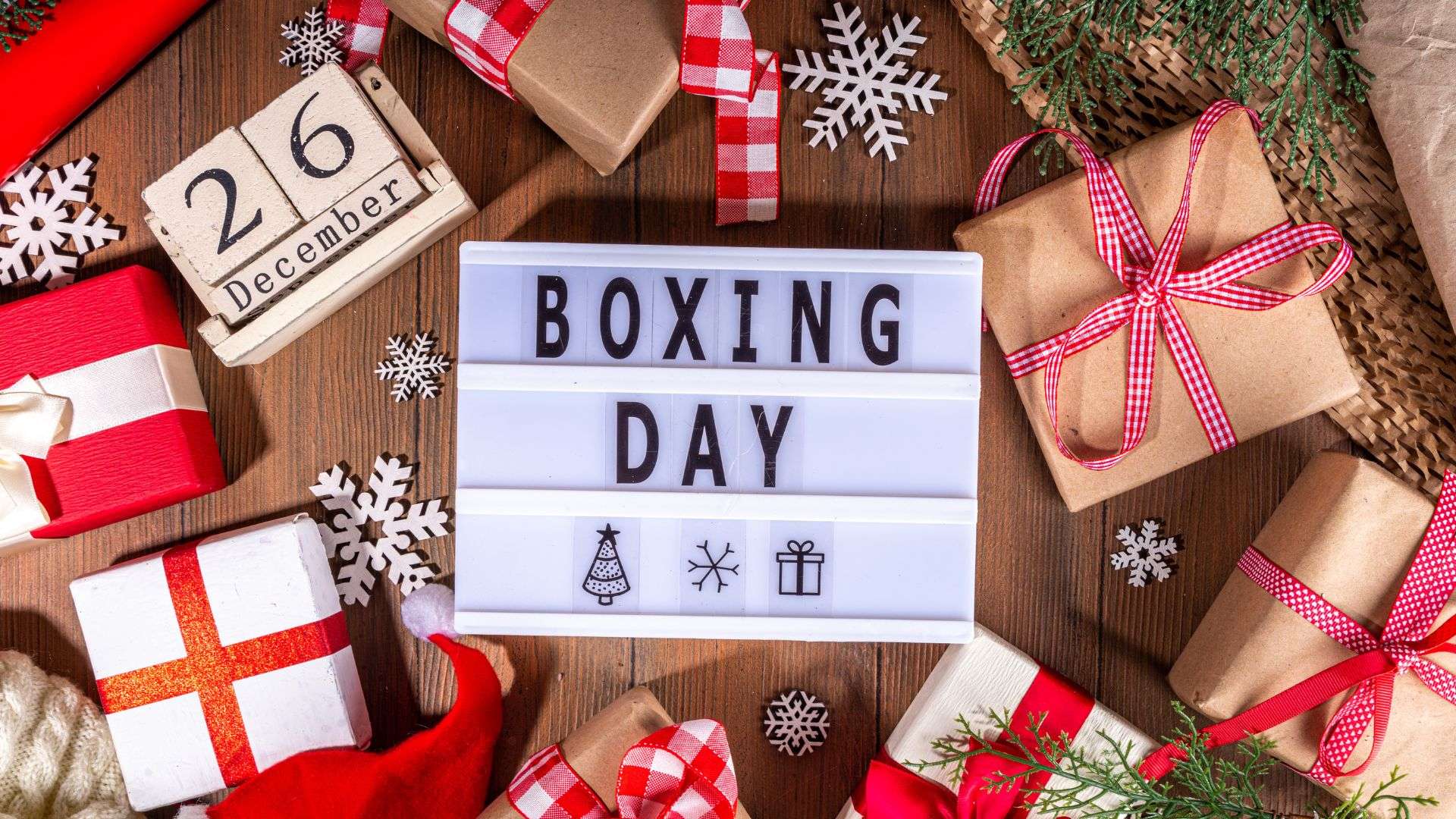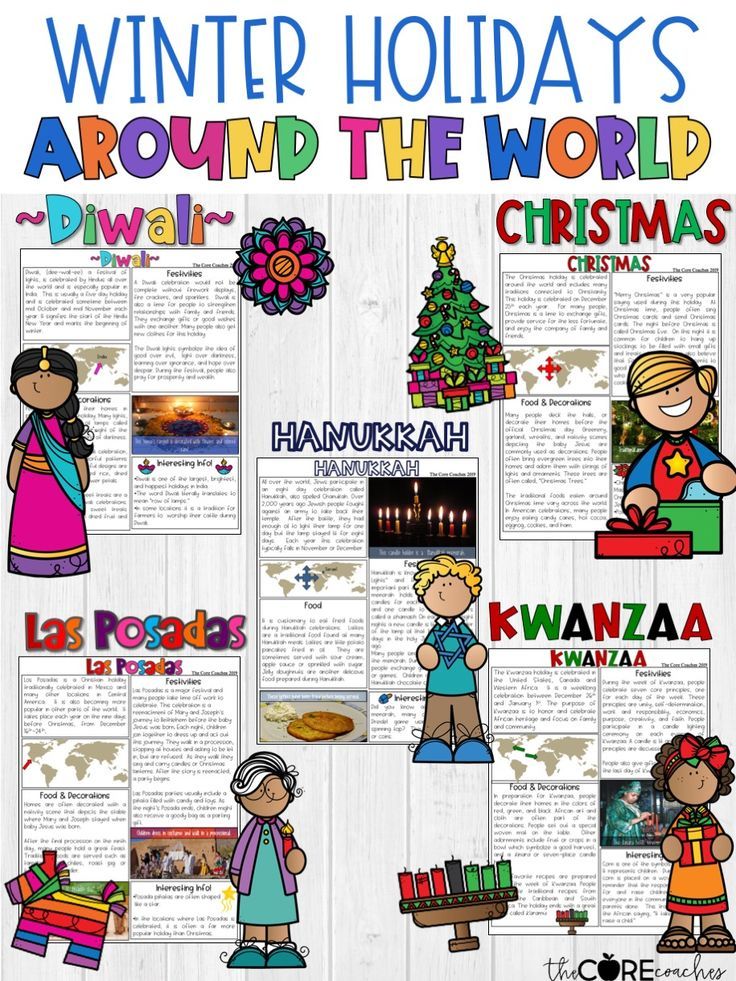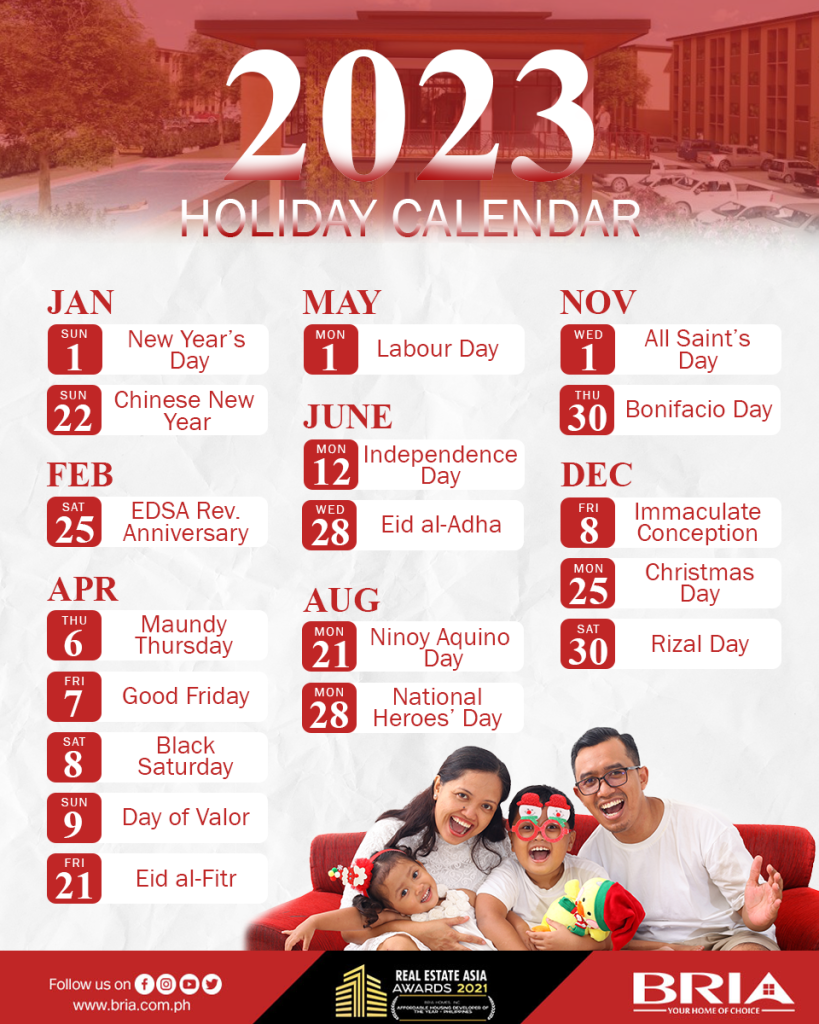
Christmas has just passed, and you're probably thinking that the holiday season is winding down. However, there are many exciting holidays after Christmas that you might not know about. These celebrations offer a great opportunity to extend the festive season, learn about different cultures, and spend quality time with loved ones.
December 26: Kwanzaa

Kwanzaa is a week-long celebration honoring African American culture and heritage. It was created in 1966 by Maulana Karenga and is based on traditional African harvest festivals. The holiday is centered around seven principles known as the Nguzo Saba, which are values of African culture such as unity, self-determination, and collective work and responsibility.
During Kwanzaa, families gather to light the kinara, a seven-branched candleholder, and exchange gifts. They also participate in traditional African dances, music, and feasting.
December 26: Boxing Day

Boxing Day is a public holiday in several countries, including the United Kingdom, Canada, and Australia. It is observed on December 26, the day after Christmas. The origins of Boxing Day are unclear, but it is believed to have originated in the 19th century when servants and tradesmen would receive gifts, known as "Christmas boxes," from their employers.
Today, Boxing Day is a major shopping event, with many retailers offering significant discounts and promotions. It is also a popular day for sporting events, such as horse racing and football.
December 31: New Year's Eve

New Year's Eve is a global celebration marking the start of a new year. It is observed on December 31, the last day of the year. People gather with friends and family to reflect on the past year and look forward to the new one.
Traditions include countdowns, fireworks, and champagne toasts at midnight. Many cities around the world host large-scale events, such as concerts and parties, to ring in the new year.
January 1: New Year's Day

New Year's Day is a public holiday in many countries, marking the beginning of a new year. It is observed on January 1. Traditions include making resolutions, watching parades and football games, and spending time with loved ones.
In some cultures, it is believed that the way you spend New Year's Day will determine the rest of the year. For example, in Japan, it is customary to visit shrines and temples to pray for good luck and health.
January 6: Epiphany

Epiphany is a Christian holiday that commemorates the visit of the Magi, also known as the Three Wise Men, to the baby Jesus. It is observed on January 6, 12 days after Christmas.
Traditions include attending church services, exchanging gifts, and eating special foods such as king cake. In some countries, it is also a day for children to receive gifts and for families to gather together.
January 7: Orthodox Christmas

Orthodox Christmas is a holiday celebrated by Eastern Orthodox Christians around the world. It is observed on January 7, 13 days after the Western Christmas.
Traditions include attending church services, exchanging gifts, and eating special foods such as pierogies and borscht. In some countries, it is also a day for families to gather together and participate in traditional activities such as singing and dancing.
In conclusion, there are many exciting holidays after Christmas that you might not know about. From Kwanzaa to Orthodox Christmas, these celebrations offer a great opportunity to extend the festive season, learn about different cultures, and spend quality time with loved ones. So why not try something new and experience the joy and magic of these special days?
Gallery of Winter Holidays




What is Kwanzaa?
+Kwanzaa is a week-long celebration honoring African American culture and heritage. It was created in 1966 by Maulana Karenga and is based on traditional African harvest festivals.
What is Boxing Day?
+Boxing Day is a public holiday in several countries, including the United Kingdom, Canada, and Australia. It is observed on December 26, the day after Christmas, and is believed to have originated in the 19th century when servants and tradesmen would receive gifts, known as "Christmas boxes," from their employers.
What is Epiphany?
+Epiphany is a Christian holiday that commemorates the visit of the Magi, also known as the Three Wise Men, to the baby Jesus. It is observed on January 6, 12 days after Christmas.











